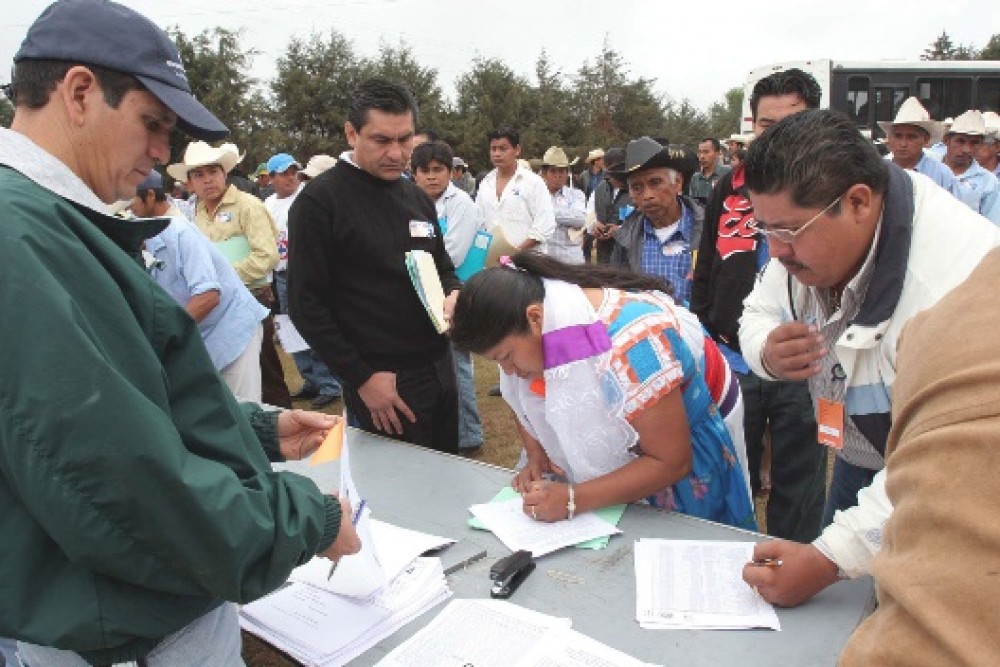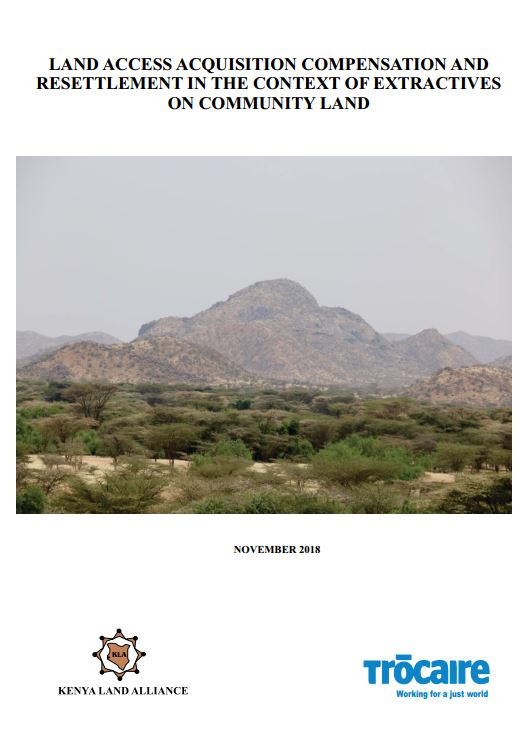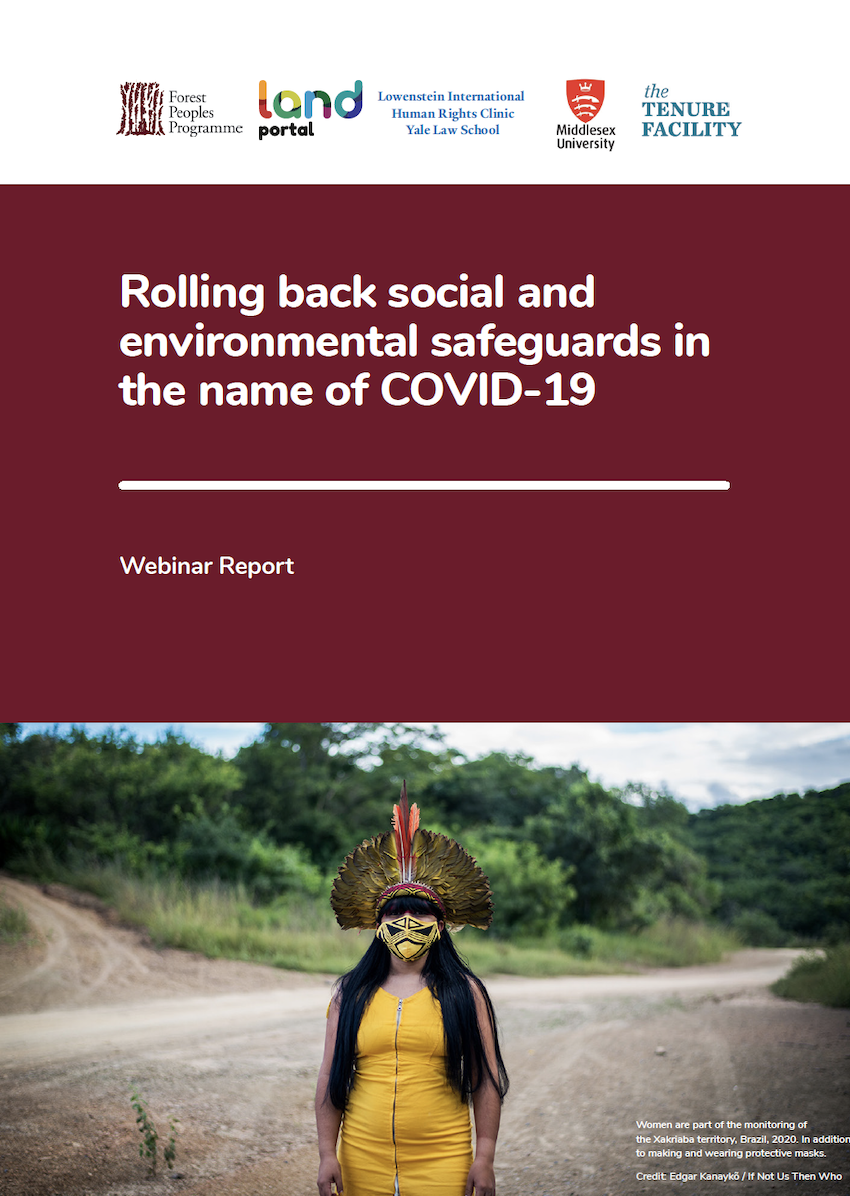Consequences of evicting widows
The crisis that engulfed the Central African Republic (CAR) in the end of 2012 resulted in the perpetration of gross human rights violations, including the widespread looting and destruction of homes. As people fled the violence they left behind land which others occupied illegally. More than a year after the height of the crisis, approximately 440,000 Central Africans continue to be internally displaced. Almost half a million are refugees in neighbouring countries.









